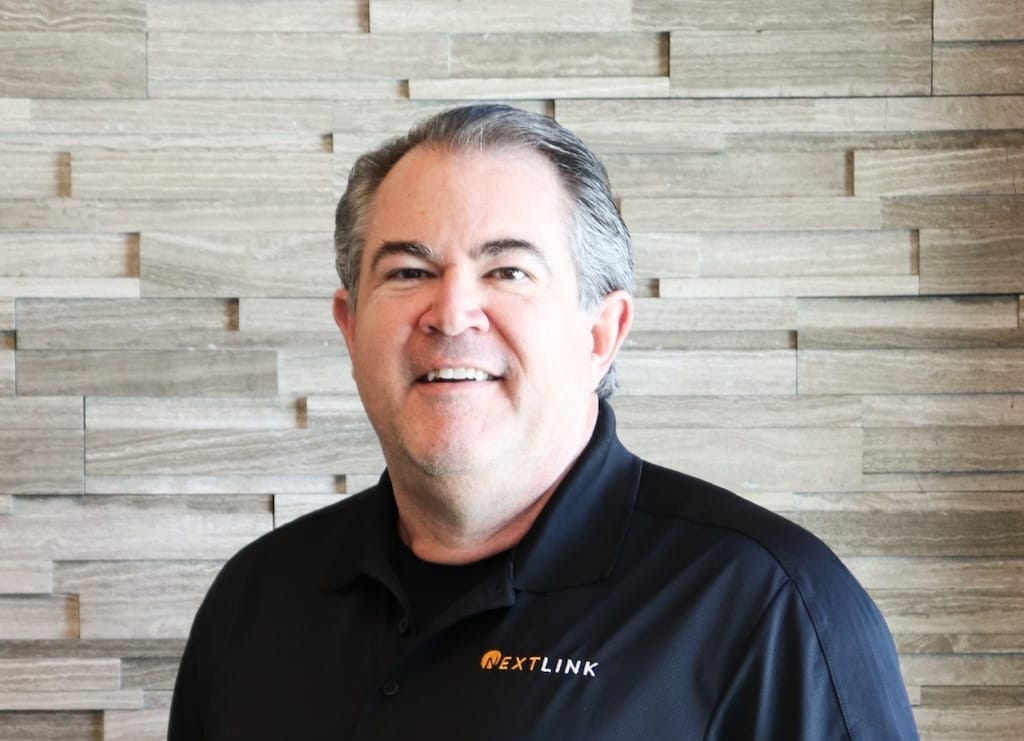
RDOF
The companies are on the hook for a combined $175,000.

 Photo of NextLink CEO Bill Baker from NextLink
Photo of NextLink CEO Bill Baker from NextLink
WASHINGTON, April 23, 2024 – The Federal Communications Commission fined AT&T and AMG Technology Investment Group on Monday for communicating about bidding strategies during the Connect America Fund Phase II auction.
The companies had appealed their penalties when the agency first signaled them in 2019, but the FCC was not convinced. AT&T will have to pay $75,000 while AMG is on the hook for $100,000.
The agency held the auction, called Auction 903, in 2018. Companies competed with plans to get broadband to unserved areas for the lowest amount of government support. Providers won a total of $1.5 billion over 10 years to serve more than 700,000 homes and businesses, with almost all of those set to get speeds of at least 25 * 3 Mbps and more than half slated for at least 100 * 20 Mbps according to the FCC.
AT&T was a registered bidder but ultimately decided not to place any bids, according to the FCC’s forfeiture orders. AMG’s wireless provider NextLink ended up being the biggest winner, taking home more than $280 million to serve 100,000 locations. That award could be reduced by about $20 million, though, as the agency found the actual number of locations in the company’s auction footprint is lower.
The company says that as of last year it has built out to 70 percent of the homes and businesses it committed to.
But the agency said AMG’s CEO, Bill Baker, repeatedly contacted AT&T during the auction’s “quiet period,” a roughly five month stretch during which bidding took place and winners submitted official long-form applications to serve the areas they won. Registered bidders aren’t allowed to communicate about FCC auctions during quiet periods under the agency’s anti-collusion rules.

The 2019 notices of apparent liability redact quotes from emails between Baker and AT&T, but the agency points to more than half a dozen emails, plus an in-person and a virtual meeting, in which it says Baker and AT&T discussed AMG’s bidding plans and results.
“During the quiet periods, AMG alerted AT&T that it would be a substantial bidder across multiple states, informed AT&T of its bidding results before the commission had publicly announced winning bidders, and engaged in meetings to discuss its auction winnings, even alerting AT&T that AMG would provide AT&T with the coverage areas for which AMG was the winning bidder in Auction 903,” the agency wrote in 2019. “In its prohibited communications with AT&T, AMG even stated it was communicating with other Auction 903 participants.”
This was all in an effort to “secure discounts from AT&T” and “cooperate and collaborate on future business opportunities” in CAF II auction census blocks, the agency alleged.
The companies did not dispute the substance of the communications or when they took place, but the FCC said in its orders that AT&T asked for its penalty to be thrown out because the company did not respond until after bidding had ended, and AMG argued the talks weren’t specific enough to be prohibited. The agency rejected both arguments and upheld its proposed fines.
“Unsurprisingly, we are disappointed in this decision and are evaluating our options,” a NextLink spokesperson told Broadband Breakfast.
AT&T and AMG will have 30 days from Monday to pay their respective fines. The amounts are small compared to the companies’ support from the agency – NextLink won $280 million from the auction and AT&T received billions from the CAF II program that preceded the auction – but the fines are in line with what the agency has previously assessed for the same offense.
AT&T’s penalty was lower because the company’s lawyers were the ones who ultimately cut off the talks and told the agency prohibited communications might have occurred. The company did not immediately comment.
There is some concern about CAF II and CAF II auction participants being able to complete their buildout requirements, and some are pressing the FCC to allow providers to give up some of their service areas in favor of the BEAD program. The principal concern though is the RDOF auction, which has been mired in defaults since it took place in 2020, and which NextLink was also a major participant in.
Editor’s note: This story was updated to include a statement from NextLink.

